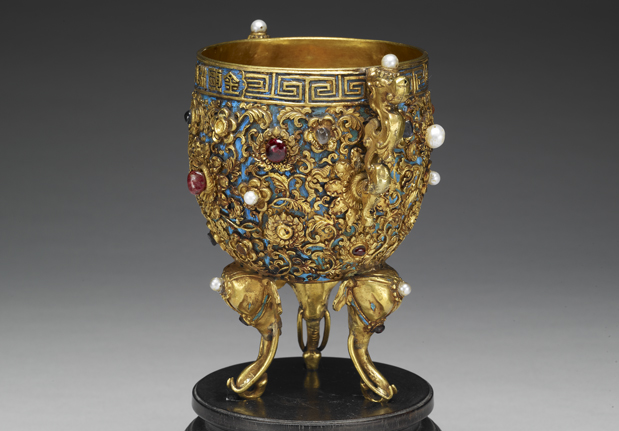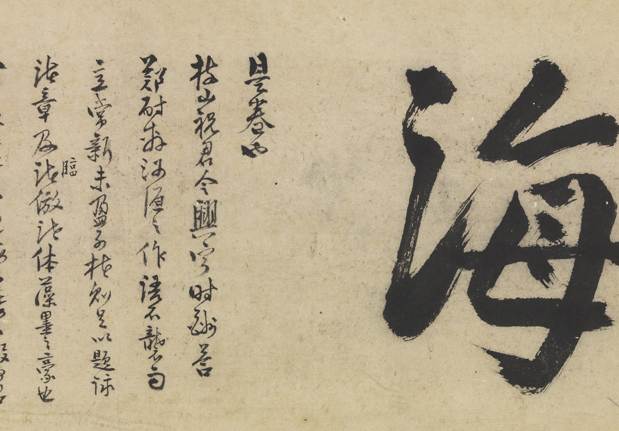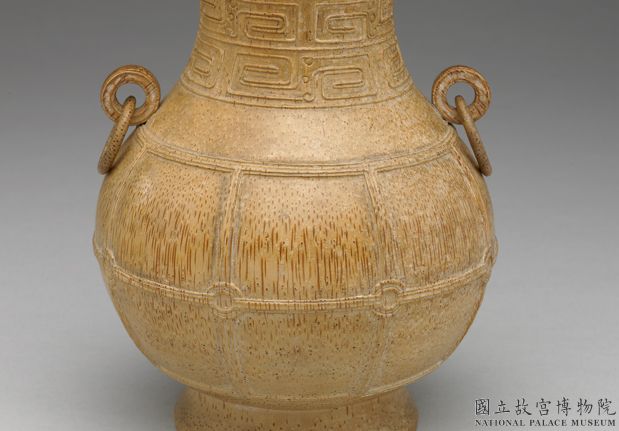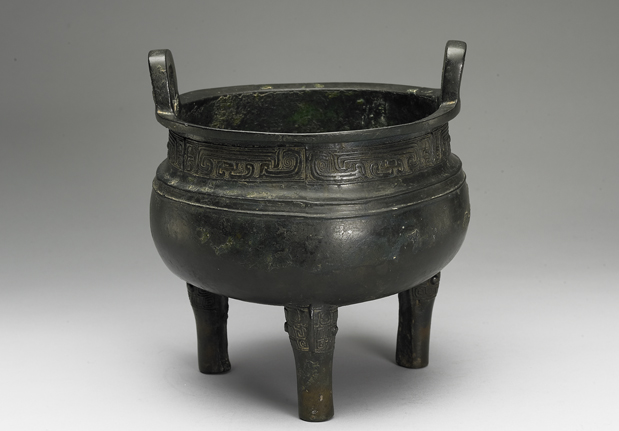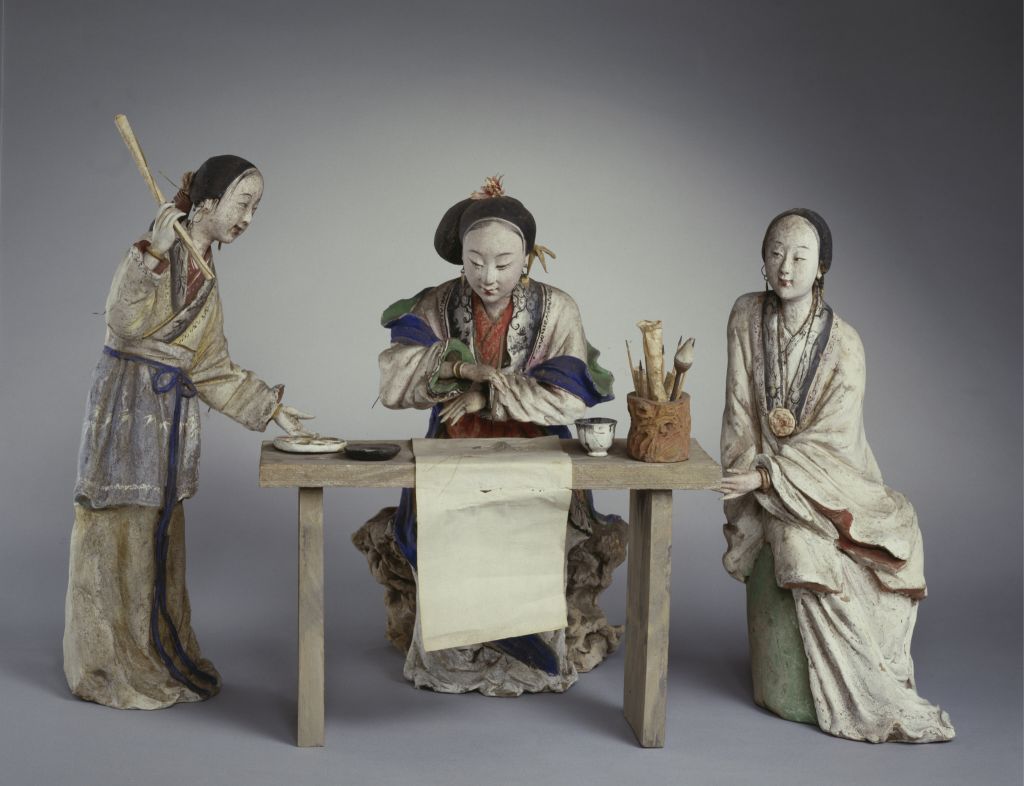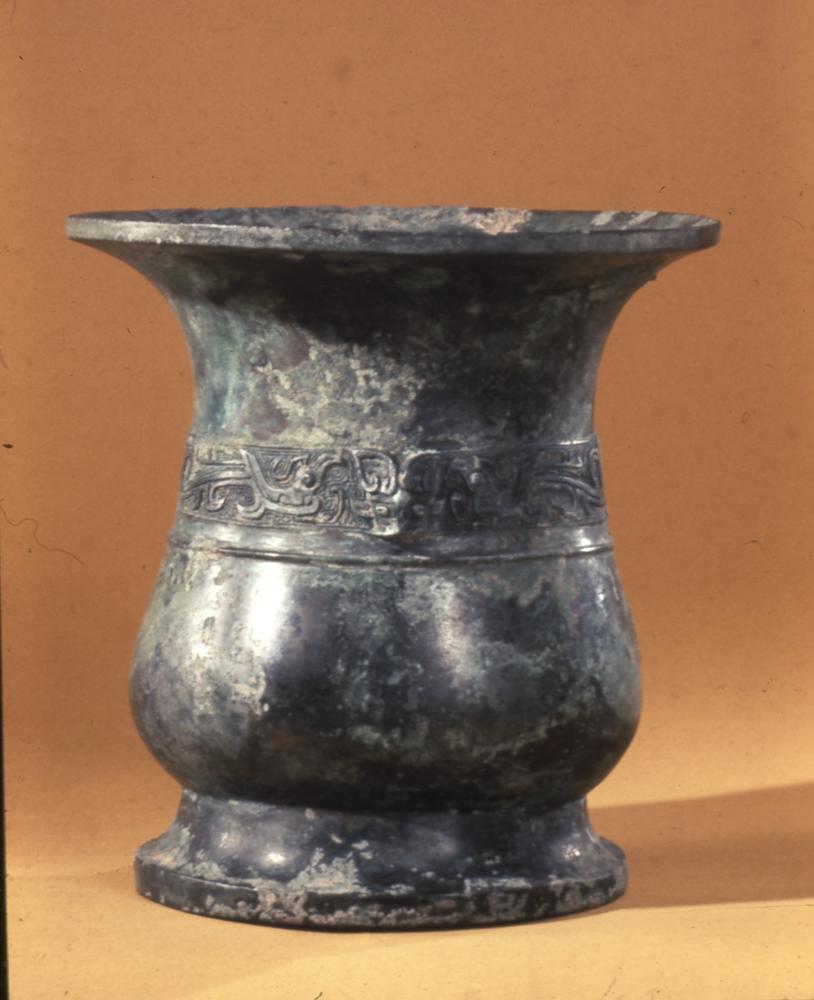[Sushi’s running script on Wang Shen’s poems]
The title on Wang Shen’s poems page, Song, Sushi’s book, paper, running script, 29.9 cm in length and 25.7 cm in width
Interpretation:
Qing Jin was tired of his servants, who were both relegated to Qi An and to Wudang. Hunger, cold and poverty are common to me, and I am not worried about my servants. Solid and appropriate. It is only strange that the Qing of Jin did not lose his integrity because of his son’s suffering. His poems and poems are beneficial to his work, and he has transcendental joy. Confucius said that he can make an appointment with others for a long time. Su Shi wrote on September 8, the first year of Yuanyou
Su Shi was 49 years old in the first year of Yuanyou in the Northern Song Dynasty (1086)
This post is sealed with “Jin Gongbo’s fine seal”, “Jingxing Weixian”, “Xiaoruan’s secret collection”, “Bian Lingzhi’s identification” and other seals, and there are half seals on the left and right sides, such as “Shi Gu Tang”. This post was originally installed after Wang Shen’s “Poems on Yingchang Lake, Butterfly Loves Flowers”, but it was not the original copy of this volume, but moved from elsewhere. Description of Shiqu Baoji Continuation
This post is a postscript written by Su Shi for Wang Shen’s poems written by himself. It records that Wang Shen was demoted to Wudang because of his tiredness, but he is still addicted to poetry and has the pleasure of living outside the world. This postscript is recorded in Volume 65 of Dongpo Collection. In Volume I and III of the Dongpo Collection, there is another postscript by Su Shi, which reads: “In the second year of Yuanfeng, I was offended and demoted to Huangzhou, while Wang Shen, the prince of the son-in-law, also sat in a similar exile for seven years, and did not hear about it. I was summoned, and Shen was also in the court. When I met outside the gate of the hall, I sighed and wrote a poem. Although I was careless in my work, I felt sorry for the poor but did not resent it. I was not proud of it, and I felt sorry for his noble son’s ambition, so I rhymed with it.” The above two postscripts, combined with the historical data in “Princess Biography” in Volume II of the History of the Song Dynasty, prove that Wang Shen’s demotion was on the one hand implicated by Su Shi, on the other hand because he offended his wife, the eldest princess of the State of Wei
This post is full of ink, with crisscross structure, vertical and horizontal frustration, and dynamic. Although it is narrative and argumentative, it is full of emotion and is made for confidants.
![图片[1]-Su Shi’s running script title Wang Shen’s poem sticker-China Archive](https://chinaarchive.net/Song dynasty/model calligraphy/19325[1024].jpg)
